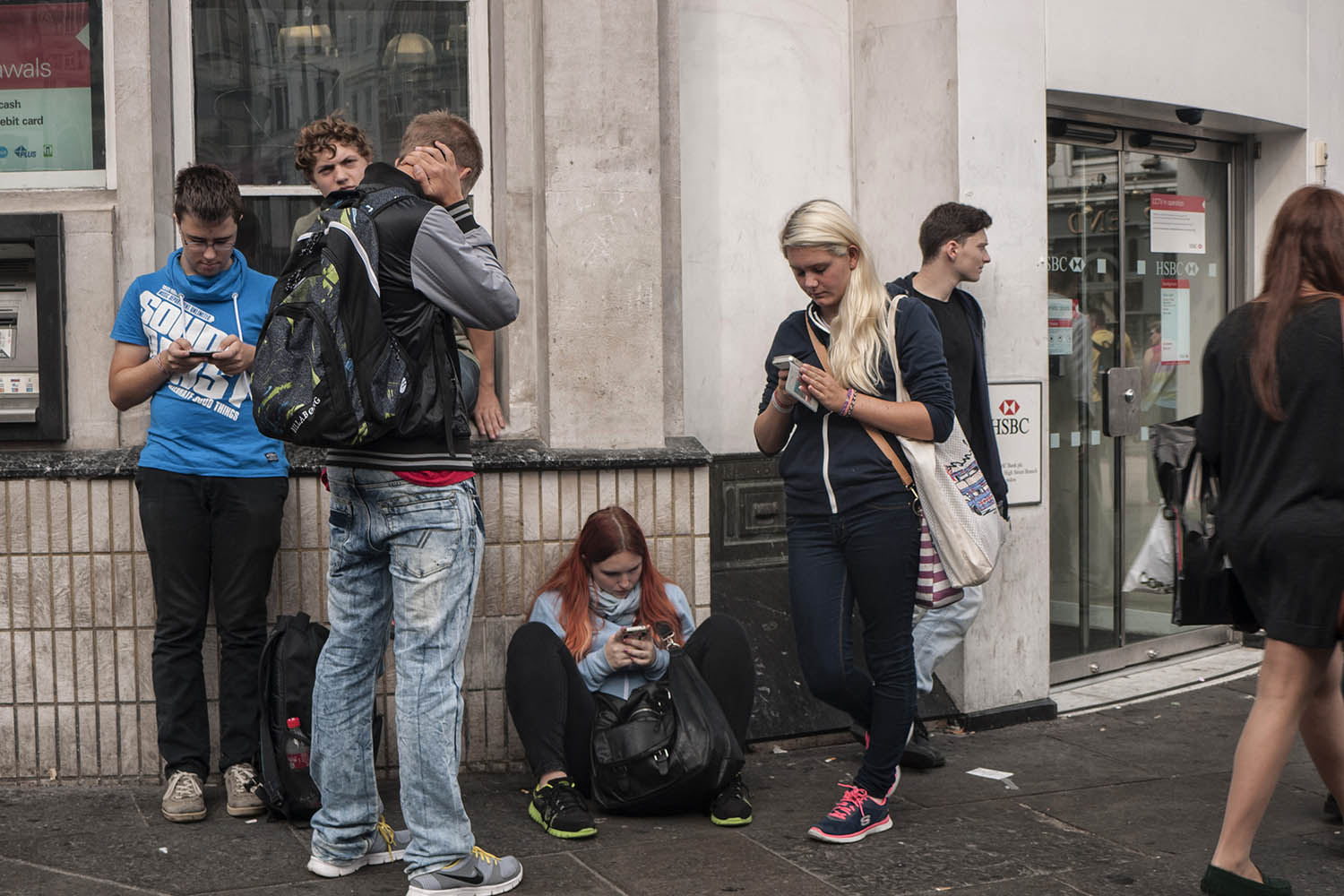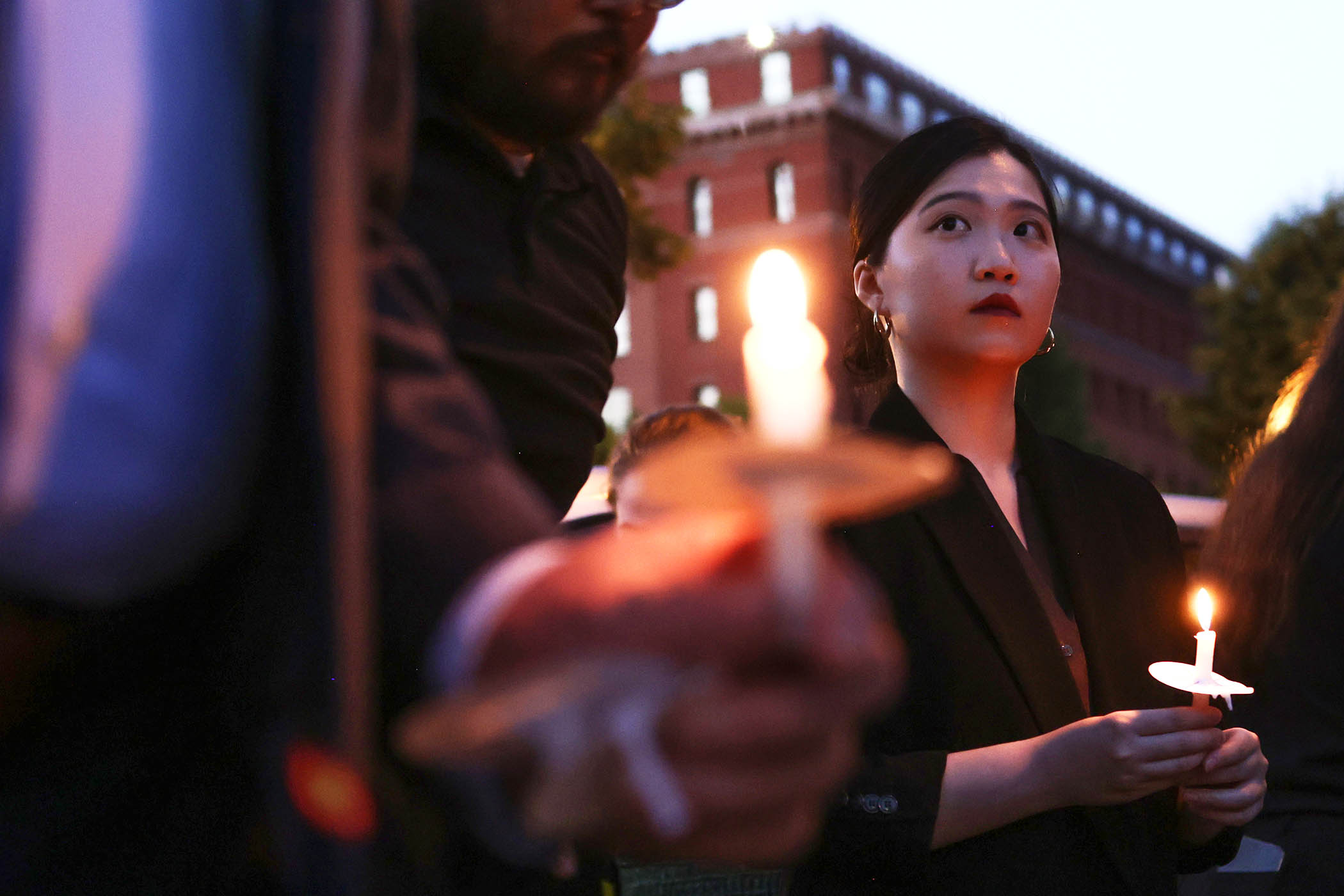Social media platforms and websites with age-sensitive content have rolled out age checks to ensure UK users are over 18 years old. The requirement came into effect on 25 July as part of the Online Safety Act.
So what? On the surface, the policy appears uncontroversial. It is intended to shield children from pornography and content about suicide, violence and eating disorders. But it has
•
ignited a political row about free speech;
•
raised fears about data safety; and
•
censored a broad range of content.
Bypassed. The rules also appear to be ineffective. Since they came into effect, demand for Virtual Private Networks (VPNs) has surged. These allow people to hide their real locations and avoid the checks in a few clicks. One VPN app saw downloads increase by 1,800 per cent.
Faceswap. Several websites are asking users to upload selfies, which AI then scans to estimate their age. Users have managed to trick such software by submitting the faces of video game characters. Children can also upload images of older siblings or friends.
Vulnerable. Privacy activists are concerned that hackers will steal data uploaded for age checks. In theory, this could be used to blackmail watchers of porn, who number 14 million in the UK. Recent breaches at the Co-op, Allianz and the women’s dating safety app Tea offer cautionary tales. They saw hackers make off with the personal information of millions of people.
Sanctions. Websites caught breaking the rules can be hit with fines of up to £18 million or 10 per cent of global revenue, whichever is greater. Faced with these penalties, tech bosses appear to be erring on the side of caution. Social media sites have blocked users from seeing content about
•
the war in Gaza;
•
parliamentary debates on grooming gangs; and
•
anti-migrant protests.
Unintended consequences. The Act also requires tech platforms to suppress the spread of content that is abusive or incites hatred against minorities. Rather than risk falling foul of the regulators, some websites have closed down or blocked UK users, despite appearing harmless.
These include a messaging board for single dads, a website celebrating the Hampshire town of Eastleigh and its environs, and a Finnish social media aggregator. Wikipedia, meanwhile, says the Act may force it to ration access in the UK.
Opposition. The rules have drawn criticism for being too sweeping. Reform UK chair Zia Yusuf has called them “the biggest assault on free speech in modern British history”, citing a section that criminalises false statements that cause “non-trivial psychological or physical harm”.
Doubling down. Technology secretary Peter Kyle hit back by saying anyone who wants to overturn the Act “is on the side of predators”. This would include the half a million people who have signed a petition calling for the Act’s repeal.
Newsletters
Choose the newsletters you want to receive
View more
For information about how The Observer protects your data, read our Privacy Policy
Expert opinion. It’s safe to assume these petitioners aren’t against protecting children online. Some may have concerns about data privacy or free speech. Others may simply find age checks annoying. “An awful lot of adults just want to carry on using the internet how they used it before,” says Neil Brown, a tech lawyer.
Silent majority. Despite the furore, age verification is popular: 69 per cent of Britons support it, even if the proportion has dipped since the rules came into effect, according to YouGov polling.
The context. That’s because people have real fears about children being increasingly exposed to harmful content. Research shows that
•
half of 13 year olds have been exposed to porn, including degrading and violent behaviour, with many stumbling across it accidentally;
•
a quarter of child suicides have been linked to online content; and
•
roughly 20 per cent of children aged 10 to 15 years old have been contacted by strangers on the internet.
What’s more… The government is still trying to figure out how to respond to the surge in VPN use. Ministers say they are looking into it “very closely”.
Photograph by Louise LeGresley/Getty Images




